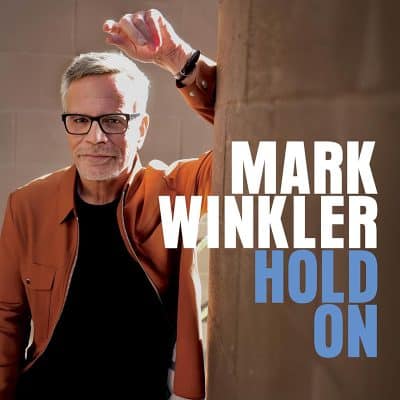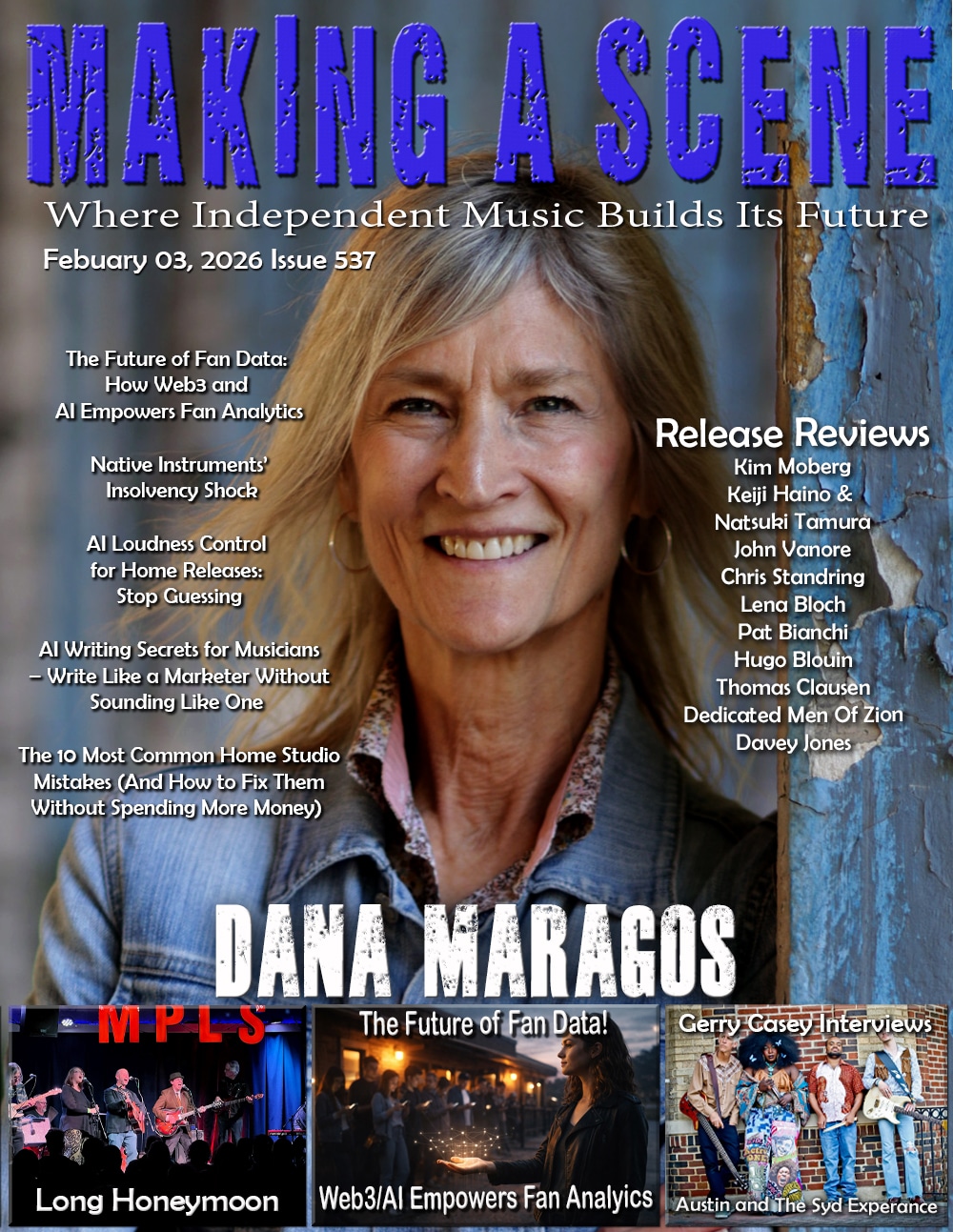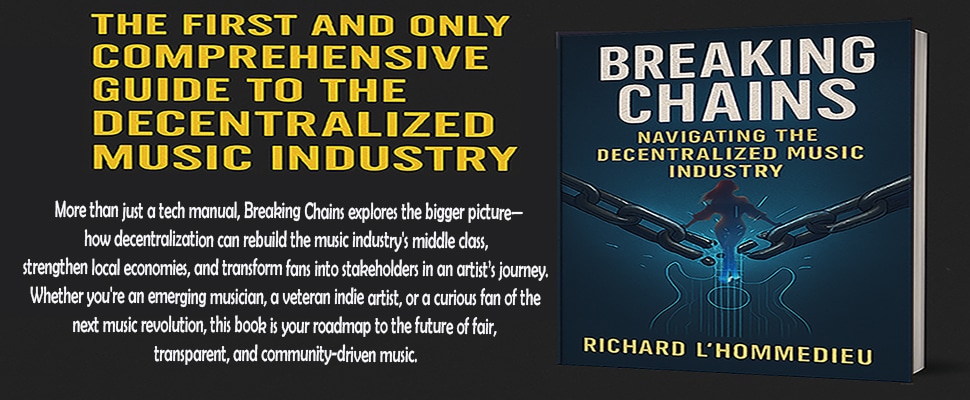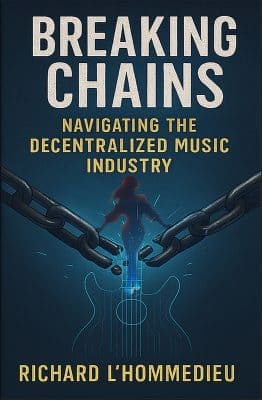Mark Winkler HOLD ON
 Mark Winkler
Mark Winkler
HOLD ON
Cafe Pacific
Vocalist and lyricist Mark Winkler returns with his 22nd album, HOLD ON. This is the tenth album produced by his colleague, Barbara Brighton, and finds Winkler penning the lyrics for seven of these eleven tracks. Winkler has a storied history of attracting great musicians, especially pianists, reaching higher than ever in that regard here, enlisting John Beasley, Rich Eames, Tamir Hendelman, Eric Reed, Greg Gordon Smith, and Jamieson Trotter. The L.A.-based vocalist also draws on the area’s best, including Gabe Davis (bass), Christian Euman (drums), Kendall Kay (drums), Bob Sheppard (sax), Brian Swartz (trumpet), Lemar Guillary (trombone), Joey De Leon (percussion), George Doerring (guitar) Grant Geissmann (guitar) and the GGS SINGERS (background vocals). This is the sixth review of Winkler on these pages.
Mark Winkler is a veteran singer and a proud gay man who typically chooses material not to form a theme but finds songs that are autobiographical in some way. Here, Winkler co-wrote four of the songs with Greg Gordon Smith, whose production company specializes in cinematic original music and sonic branding. Many of the musicians listed above, as is customary in L.A., also work in film and television. Winkler is also a film buff himself. Let’s take the originals first, focusing on those four with Smith.
The title track was originally written for another singer, but Winkler found it fitting for these troubled times as his lyrics urge us to stay the course. Grammy-winner John Beasley is the pianist, along with the acclaimed Bob Sheppard on saxophone, among the musicians. “My Future’s Just a Memory” is a swinger, written from the perspective of an older person, urging us to enjoy the moment. It features Hendelman on piano and Sheppard again. Standout “Train in the Desert” is different, with spoken word in the intro. The idea was inspired by an exhibit of Georgia O’Keeffe’s paintings. Euman’s drumming, Smith’s piano, and Geismann’s guitar deliver the motion as Winkler sings about meeting some ‘different” people on the journey. The fourth of the Smith-Winkler collaborations is “Electric Car,” an ode to clean energy in a rather bizarre dream-like scenario where the world averts climactic catastrophe due to many people driving electric cars. This one features Smith on piano along with Geismann, a full horn section, and the GGS singers to produce a large ensemble backing. Trombonist Guillary, in his only album appearance, makes the most of it with his energetic solo.
Winkler’s wit and penchant for campy sci-fi films are on display in “Cat Woman on the Moon,” another large ensemble-backed tune, with Trotter on piano and stellar percussion from De Leon for the cha-cha rhythm. Rich Eames plays piano and arranged Marilyn Harris’ “The Devil Don’t Want a Saint,” another large ensemble tune, featuring Swartz on trumpet and Sheppard on sax, as Winkler sings about a person who turned out to be quite different than his pretentious self. It’s arguably Winkler’s strongest vocal performance on the album. The final Winkler co-write is the closer, inspired by the miniseries Fellow Travelers. The tender love song “I Dream of You Each Night,” composed by Spencer Day, is another Eames arrangement with Eric Reed on piano and brilliant trumpet from Swartz. The show is about two gay men in the ‘50s who have to hide their decades-long relationship, a situation Winkler understands all too well.
There are four covers, the most highly recognizable. “A Little Taste” was penned by Johnny Hodges with lyrics from Dave Frishberg. Winkler was attracted to the witty, literate lyrics. Reed is the pianist with strong contributions from Geismann. Frank Loesser’s “If I Were A Bell” is typically sung by women, but Winkler couldn’t resist. Credit goes to Smith on the arrangement, with Hendelman on piano. “It Was a Very Good Year’ will forever be associated with Frank Sinatra, and few dare to cover it. Yet, Trotter comes up with a bossa nova arrangement that Winkler runs with. Doerring’s guitar, Swartz’s trumpet, and De Leon’s percussion make this arrangement come alive. Winkler also covers Billy Joel’s “Vienna” in a spare, elegant arrangement by Beasley, where Winkler is backed simply by a quartet to better frame the lyrics in one of the two ballads offered here.
Whereas some Winkler releases are deeply emotive, some of that is here but HOLD ON mostly stands out for its musicianship and uplifting, swinging vibe throughout. It’s also the album where Winkler is the main lyricist, a talent that he should expand.
- Jim Hynes
Buy Us a Cup of Coffee!
Join the movement in supporting Making a Scene, the premier independent resource for both emerging musicians and the dedicated fans who champion them.
We showcase this vibrant community that celebrates the raw talent and creative spirit driving the music industry forward. From insightful articles and in-depth interviews to exclusive content and insider tips, Making a Scene empowers artists to thrive and fans to discover their next favorite sound.
Together, let’s amplify the voices of independent musicians and forge unforgettable connections through the power of music
Make a one-time donation
Make a monthly donation
Make a yearly donation
Buy us a cup of Coffee!
Or enter a custom amount
Your contribution is appreciated.
Your contribution is appreciated.
Your contribution is appreciated.
DonateDonate monthlyDonate yearlyYou can donate directly through Paypal!
Subscribe to Our Newsletter
Order the New Book From Making a Scene
Breaking Chains – Navigating the Decentralized Music Industry
Breaking Chains is a groundbreaking guide for independent musicians ready to take control of their careers in the rapidly evolving world of decentralized music. From blockchain-powered royalties to NFTs, DAOs, and smart contracts, this book breaks down complex Web3 concepts into practical strategies that help artists earn more, connect directly with fans, and retain creative freedom. With real-world examples, platform recommendations, and step-by-step guidance, it empowers musicians to bypass traditional gatekeepers and build sustainable careers on their own terms.
More than just a tech manual, Breaking Chains explores the bigger picture—how decentralization can rebuild the music industry’s middle class, strengthen local economies, and transform fans into stakeholders in an artist’s journey. Whether you’re an emerging musician, a veteran indie artist, or a curious fan of the next music revolution, this book is your roadmap to the future of fair, transparent, and community-driven music.
Get your Limited Edition Signed and Numbered (Only 50 copies Available) Free Shipping Included
Discover more from Making A Scene!
Subscribe to get the latest posts sent to your email.








